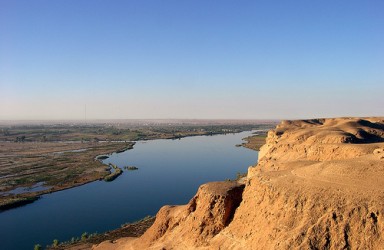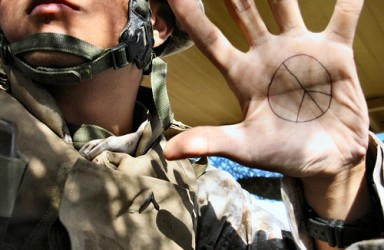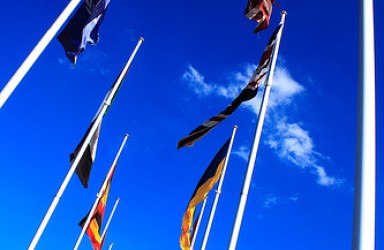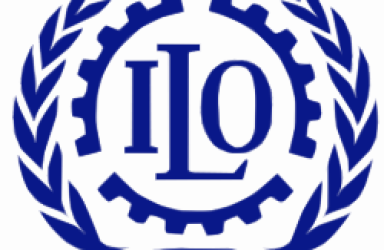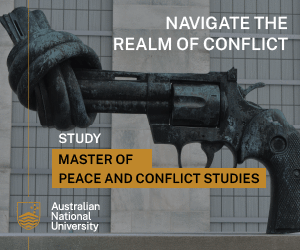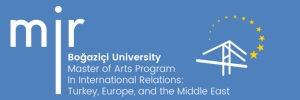‘Conflict Management Sows the Seeds of Future Conflict’ A Case Study of the Kashmir Conflict
India and Pakistan have come no closer to resolving their disagreements than what was attempted in 1949 because they are firmly grounded in a solution that is zero-sum, state centric and plagued by internal domestic political pressure.
What does Locke Mean by “Trust,” and Why is it so Important to him?
Trust in the Lockean sense is the embodiment and projection of popular sovereignty. It symbolises the political power and legitimacy that a government which is trusted by the people possesses. A government without trust is akin to a knight without his armour, powerless and redundant. In view of this, it is no wonder that trust is so important to Locke’s construction
What was Roosevelt’s ‘Vision of Europe’?
Roosevelt had a wide reaching and aggressive plan for planning post-war Europe. The formation of a strong Anglo-American alliance was critical for both parties during and after the war. For the United States, Britain was necessary in promoting democratic ideals and policing the states of Europe, something it was in a better geographical position to do. The signing of the Atlantic Charter in the early 1940’s cemented the partnership that has continued up to present times.
Clausewitz: War, Peace and Politics
With tactics from Vom Kriege used widely as military doctrine and foreign policy around the world based on Clausewitzian theories such as the paradoxical trinity and the center of gravity, it is apparent that Clausewitz’s lessons live on. Because of this continued application to the modern world, even over 150 years later, it is difficult to disagree with Clausewitz and the concepts of war, peace, and politics set forth in his work.
When and Why did Opinion Shift Decisively from Favoring the Bretton Woods System to Floating Exchange Rates?
Shifts in opinion from favoring the fixed regime to favoring the floating regime illustrated that something fundamental changed in the 1960s and early 1970s. The fundamental change was that the international post-war economic system was on the verge of collapse.
Sustainability and Water Resources in the Middle East
The Middle East is one of the most water-short regions in the world: almost all countries in the region (with the arguable exceptions of Iran and Turkey) have less (in most cases, significantly less) water available – through rainfall and other sources – than the 1,000 cubic metres per person, per year, which is traditionally taken to be a minimum human requirement.
A Critical Analysis of the ‘Great Debates’ That Structured Traditional International Relations Theory
The disciple of international relations, like all the social sciences, needs theories to make sense of the world it is trying to examine. The merits and faults of each school of thought have been contested in what are known as the ‘great debates’.
According to Hobbes, the Laws of Nature “Dictate Peace” and are Simple Enough for Anyone to Understand. Yet “Peace without Subjection” is Supposed to be an Impossibility. Why?
The impossibility of peace without subjection, even though men understand the laws of nature which dictate peace, is due to both the conditions in the absence of a common power and the passions of men. A Commonwealth is vital to provide restraint and security, in order for men to willingly lay down their natural right in favour of the natural laws.
Only Trees have Roots; But Men have Legs: Nationalism’s ‘Exclusionary’ Effects and the Overcoming of Common Misconceptions
The question of what nationalism is, is as essential as what it is not. Nationalism is a multisided phenomenon, not an ideology which is always dangerously exclusionary.
Does the ILO Problematize the Governance-Resistance Dichotomy?
Within the study of world politics, one of the ways in which theorists have transcended state-centric analysis has been to couch it in terms of the ‘politics of Governance’ and the ‘politics of Resistance’. The logic of politics within this context is the competition and conflict between these two ‘blocs’. However, the case of the International Labour Organisation (ILO) challenges this dichotomy.




